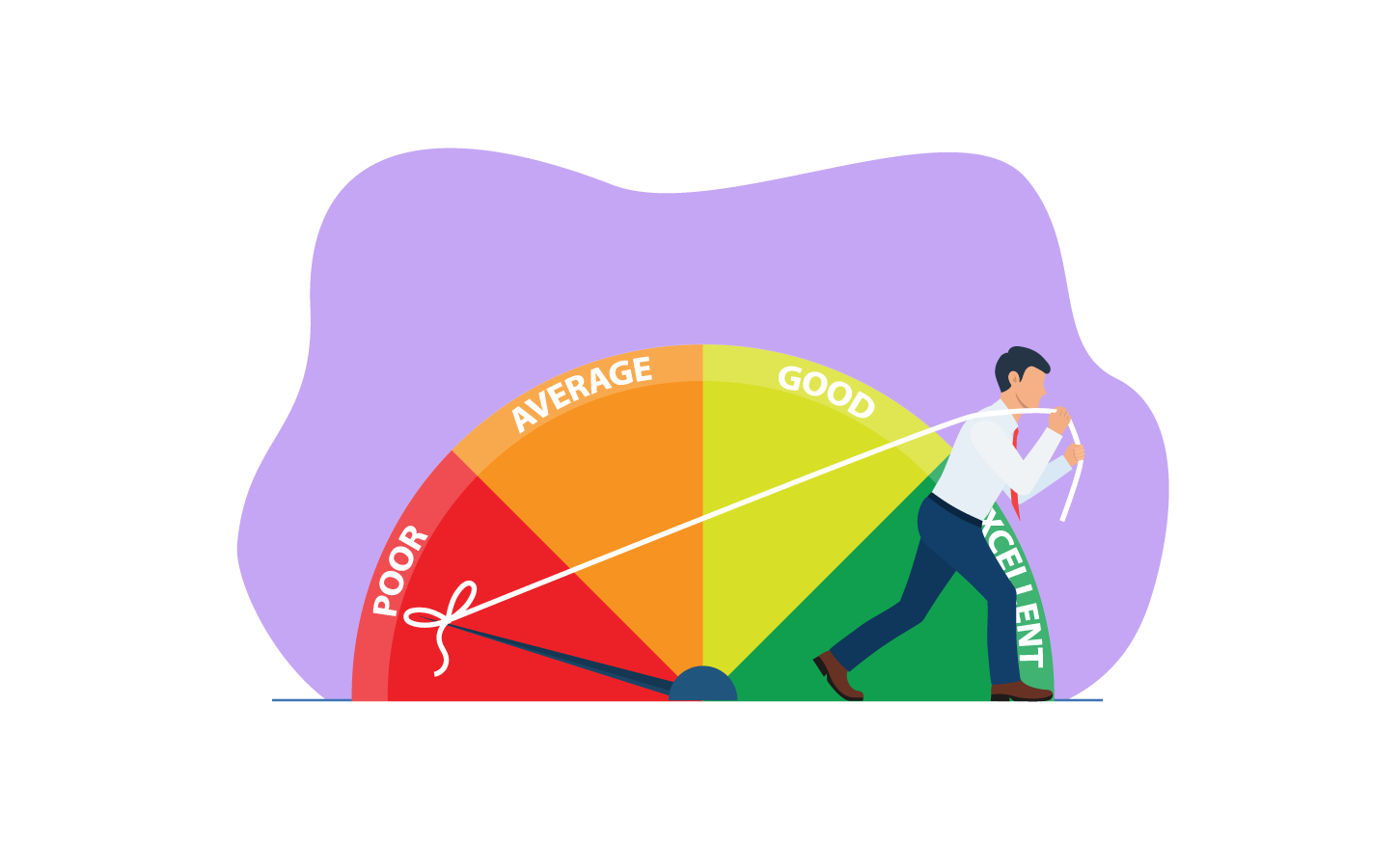Most of us are taught from a young age to “never a borrower nor lender be”. But as with many adages, this is an oversimplification. In fact, it can sometimes be imprudent wipe out your existing funds, rather than use a loan. Here’s when you should use a loan in place of your savings:
Singapore’s wealth of business opportunities comes as no surprise. The country has never dropped below second place on the global ease of doing business index since 2006, including a ten-year streak at number one from 2007 to 2016. It has thrived off the back of a highly developed market economy and a much-coveted AAA international credit rating.
On paper, the numbers paint an attractive picture for those hoping to start or expand an SME business in Singapore, and a loan can be a great opportunity for entrepreneurs to inject the capital required for growth. Financing inventory purchases, buying or renting property, preparing to fulfil new contracts, investing in machinery and other infrastructure, hiring new talent – there’s no shortage in the list of reasons you might need a business loan.
But before you start applying to borrow money from every bank and financial institution on the horizon, there are a few questions you need to ask in preparation. There is a wide range of financial products available with varying application procedures and eligibility requirements, and it’s important to give yourself the best chance not only to be approved for a loan but also to get the most out of it.
#1 Will I qualify for an SME business loan?
Given SME business loans often involve borrowing large sums of money, most lenders will take a partially holistic approach to your application. Various factors such as cash flow, the industry you operate in, credit history and your business structure will be taken into account to help the lender establish how likely you are to be able to repay the loan.
However, virtually every loan will also have more black-and-white criteria that your SME must fulfil to even be considered for a loan. Many lenders have minimum requirements for your business and personal credit scores, how long you have been running and whether you operate in particularly risky industries. Being clear on your eligibility before you think about applying not only saves you time, but also prevents the risk of your credit score being affected by rejections.
#2 How much can I apply for (and do I need it all)?
Just like brushing up on the eligibility requirements, you’ll need to research how much money you qualify to apply for. Don’t fall into the trap of trying to borrow the highest possible sum: you need to carefully calculate how much you need and why, even if it’s just a partial amount to help you reach your goal.
Borrowing too little might cause your business to fail before it even started, while borrowing too much can lead to unsustainable costs if you can’t afford the repayments. Having a clear purpose for the loan will also help you narrow down your options given some products are designed to suit specific needs.
#3 How long will it take for the business loan to be approved?
Running a business is a fast-paced job full of unexpected challenges. When weighing up the benefits of an SME business loan, consider how quickly you need the money. Are you desperate to plug a small gap in working capital so that you can capitalise on a short-term opportunity for growth? Is business steady but you have a non-timely avenue for significant reinvestment?
Different loans cater to different needs, and some will be approved more quickly than others. Know your limits and check the approval time of available SME business loans in Singapore, which can range from as little as 24 hours up to a few weeks.
#4 What is the payment schedule?
If you qualify to borrow the sum you need, it’s understandable to get excited about what you could
achieve with the funds. But don’t let your ambition let you lose sight of how you will repay the loan, because it’s just as important as receiving the money in the first place.
Ensure you have a clear understanding with your lender as to when the first repayment is required, and how future repayments will be scheduled after that. This gives you plenty of time to plan your finances and manage cash flow to ensure you don’t fall behind.
#5 How are you required to make your business loan repayments?
It’s also worth exploring the ways in which the lender will accept payment of your instalments. Electronic transfers have made this easier than the days of posting a cheque, but you’ll need to account for any relevant delays and processing times associated with your payment method to avoid any mishaps on deadline day.
Compare SME business loans in Singapore with CompareSing and take the guesswork out of your search for the right loan.


















